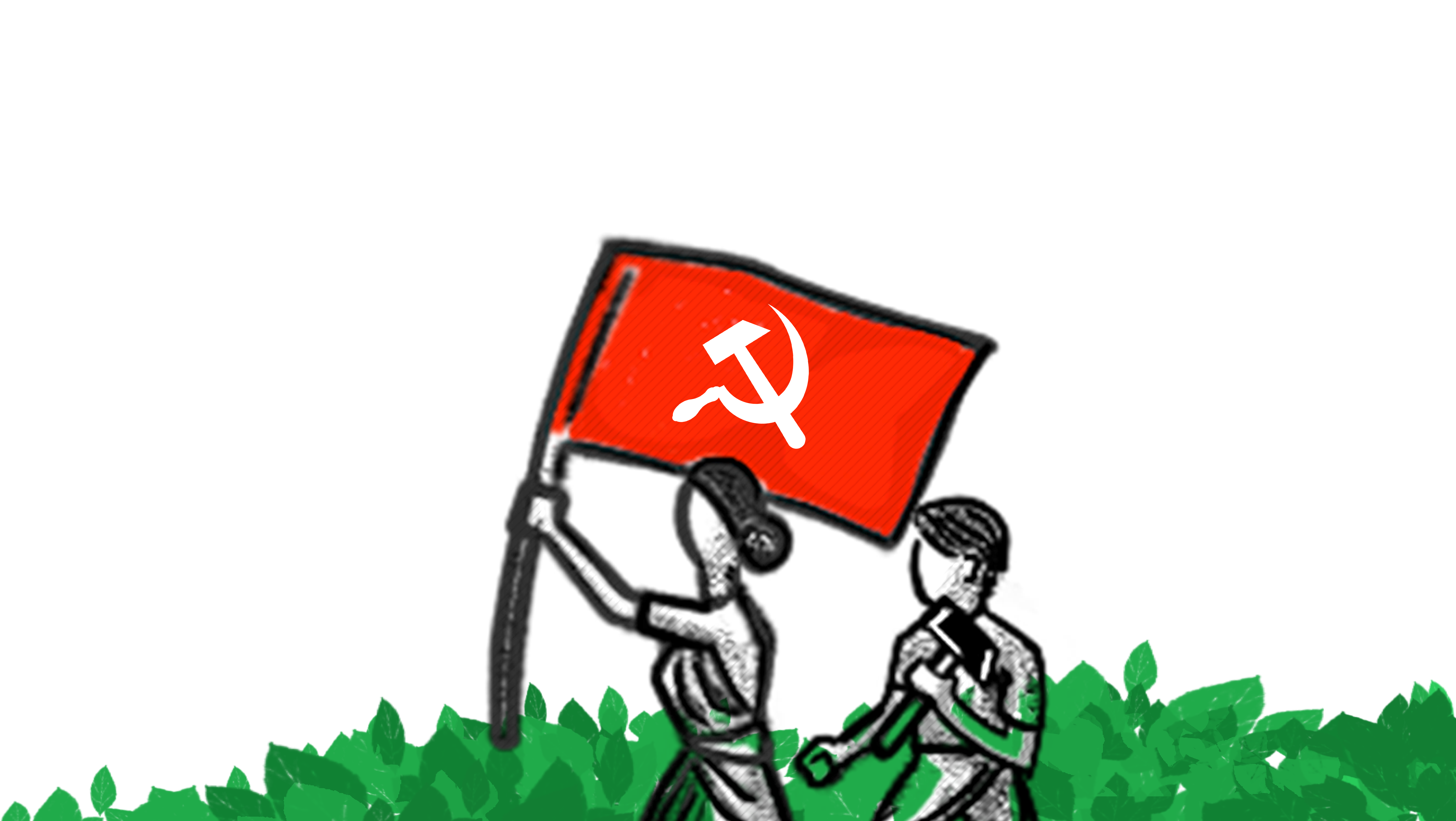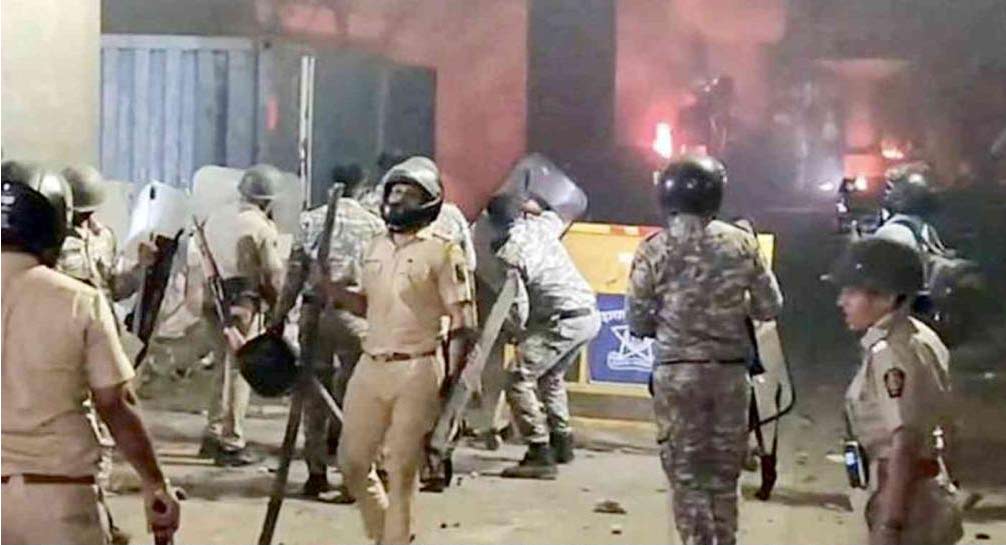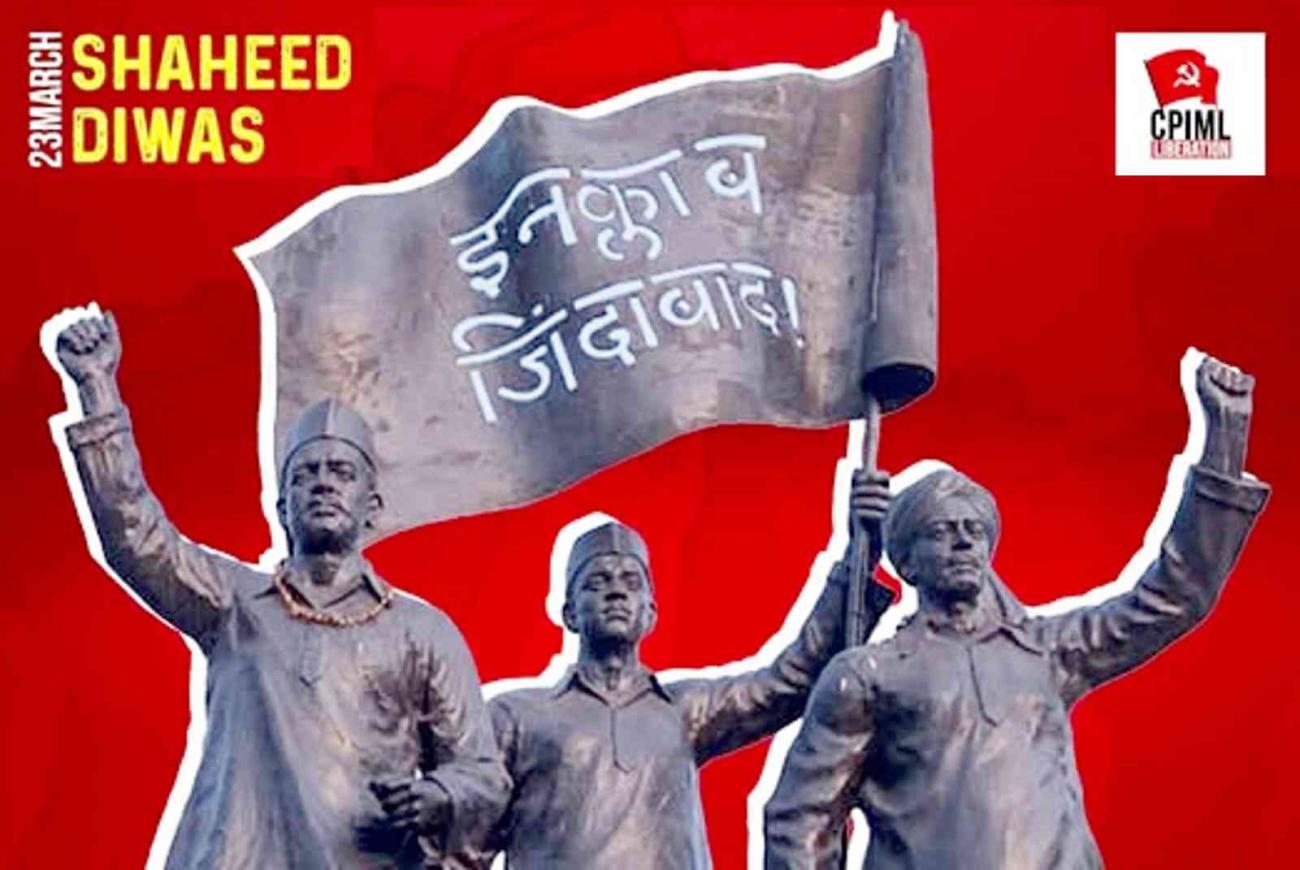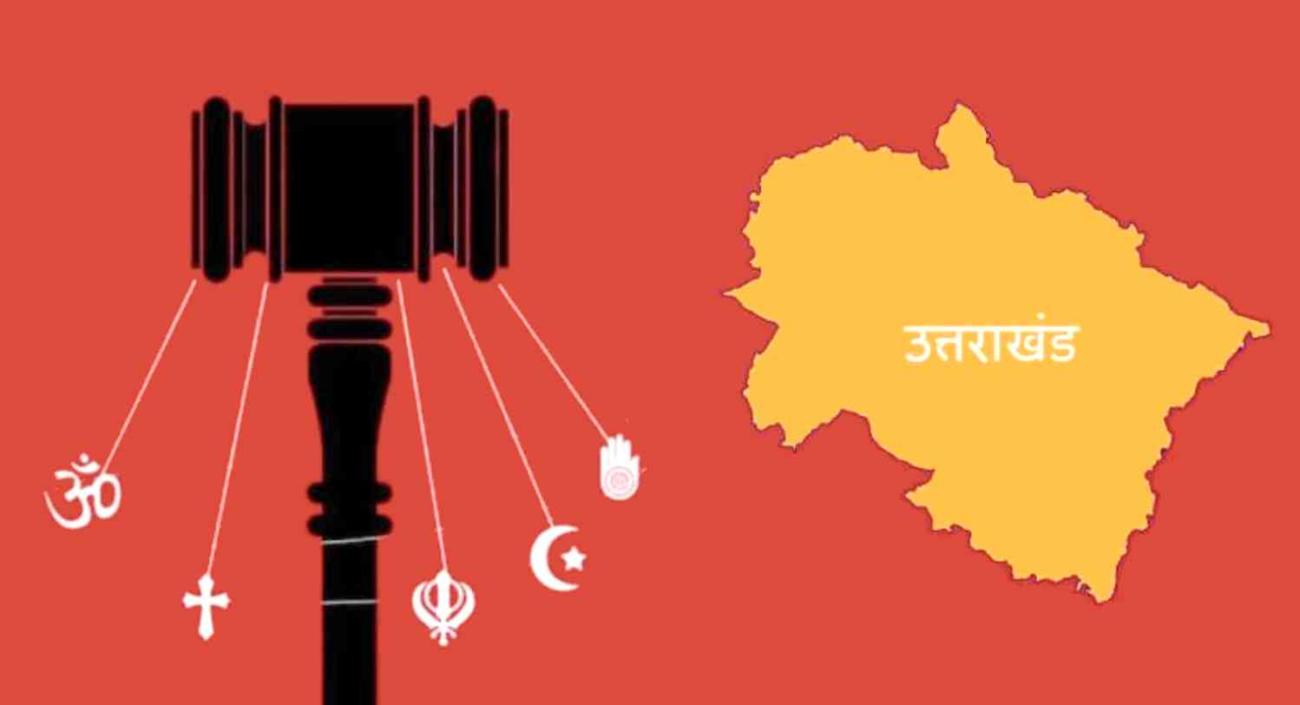What this will do is not just change the very nature of the internet as a democratic medium, but also deny opportunities to budding entrepreneurs and hurt the startup ecosystem that is crucial for innovation in technology. While our PM waxes eloquent about the Digital India campaign, he maintains a calculated silence on how differential pricing of services and the segregation of the internet denies the underprivileged people fair access to all of internet. OTT giants can pay for their service to be faster and more widely accessible (even free, like internet.org by Facebook or Airtel Zero) but what about the numerous small businesses who will have to suffer just because they cant afford to pay extra? And even as consumers, while the Big companies will make their access free of cost, we will lose the freedom to choose, which will further strengthen the monopoly of big businesses.
Internet.org and Airtel Zero
Facebook has come up with an ambitious project that aims to provide internet access to around 5 billion people around the world who are not currently on the internet. They have launched an app called internet.org which provides free access to Facebook and some other websites. This is in clear violation of the principle of Net Neutrality, and an insidious attempt to monopolize the internet. Mark Zuckerberg, the founder of Facebook, argues that it is always better to have some access than none. This brings us to the question is an unequal internet better than no internet? Can internet.org and net neutrality co-exist? A Quartz survey of internet users in Indonesia and Nigeria suggests that at least 10% of Facebook users in developing countries do not realize that they are on the internet. They confuse Facebook to be the internet. And the median age of the respondents in this survey is under 25, which is a clear indication of how Facebook is affecting the next billion people to come online. They want to become synonymous with the internet itself, and this will have massive influence on how the internet evolves. If a majority of the future internet population spends more time on Facebook, and most of the new internet users come online not via the open web, but a closed network controlled by Facebook, it will have huge implications as everyone from policy makers to small businesses (basically anyone who wishes to communicate with them) will be left with no option but to play by one companys rule.So, Facebook should first of all stop projecting internet.org as a philanthropic project as it is entirely self-serving, probably even their best business strategy. Universal access does NOT mean universal access to a closed internet controlled by a corporation. So, we need to call out Facebooks bluff and make our understanding of Net Neutrality and Universal access more nuanced so that we can think in the interest of a common user. As for Airtel Zero, it blatantly violates the principle of net neutrality and offers differential pricing for various services. It tries to break the internet into different fragments and create different lanes for access differentiating on how much money they have been paid by OTT service providers.
What is inspiring here is that the common people have come together to resist this onslaught on their online freedom by Big money. TRAI had come out with a consultation paper asking 20 basic questions to seek the consumers views on Net Neutrality, and it has met with a thundering response. Over one million emails have already been sent to TRAI. Support has been pouring in from all quarters, and this can easily be called one of the most successful awareness campaign on social media ever!
Let us all join this fight to save the internet, as it has provided us with a much needed medium for information dissemination and political mobilization, and will continue to play a major role in shaping public opinion.
Akhil Kumar is the Senior Editor at Youth Ki Awaaz





